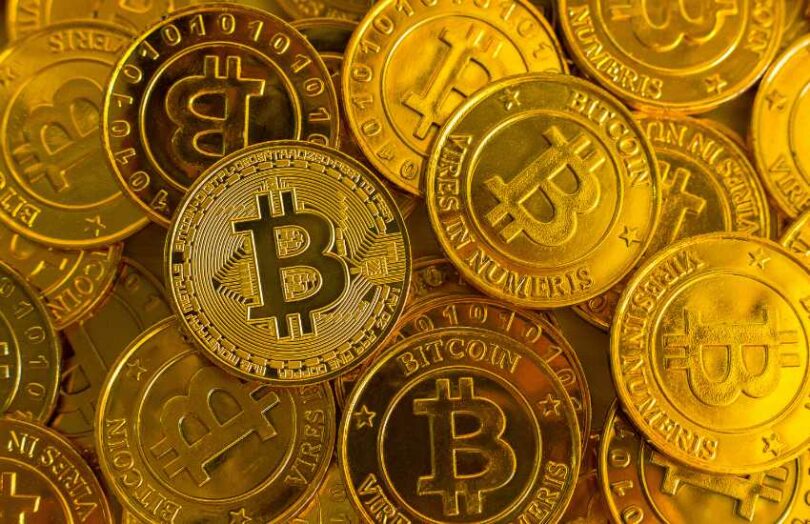A controversial research paper argues that if Bitcoin prices continue to rise, it redistributes wealth away from the general population towards early Bitcoin holders. This makes the general population poorer. As a result, the logical reaction of those that don’t hold Bitcoin should be to “advocate for legislation against it, aiming to prevent Bitcoin prices from rising or to see Bitcoin disappear altogether.”
The paper is controversial for multiple reasons. It was authored by Ulrich Bindseil and Jürgen Schaaf, who are both employed by the European Central Bank (ECB). Mr Bindseil is the Director General Market Infrastructure and Payments. However, the paper represents the personal views of the authors, and notably, is not published on the ECB website.
They’re not concerned about Bitcoin being used for payments, because Nakomoto’s vision of trustless payments without intermediaries has not yet happened at scale. They note that Bitcoin investors themselves view the digital currency more like gold, so the focus is on the wealth effects.
The obvious controversial suggestion – in a free market economy – is that Bitcoin be banned. The paper delves into politics, and not just European ones, noting the influence of the crypto lobby and crypto voters on the outcome of tight U.S. elections.
Bitcoin to the moon?
An alternative controversial perspective is that many view Bitcoin as an asset bubble, especially economists and central bankers, and the paper dares to consider that Bitcoin’s price could continue to rise.
“Any price for Bitcoin is equally plausible,” say the authors, “as none of these prices has any particular economic justification or imputed basis.”
It notes that ARK Invest’s Cathie Wood has a $1 million price prediction which translates to a $20 trillion Bitcoin valuation, when the global value of all listed equity only amounts to $111 trillion.
There are various reasons why Bitcoin’s price could continue to rise. The very nature of bubbles is often there is a recognition that an asset is overvalued, but the uncertainty around the crash timing perpetuates the bubble. Hence, “such bubbles can grow even though rational investors are aware that they are in a bubble.”
They even touch on the topic of religion, noting that mutually exclusive spiritual beliefs have been held by different people for millennia.
Bitcoin’s negative wealth effects
From an economic perspective, Bitcoin does not increase the productive potential of the economy. Hence, the wealth effects of rising Bitcoin prices become a zero sum game. The two key domestic components of GDP are consumption and investment.
For example, if the Bitcoin holders increase spending, the inflationary impact encourages central bankers to raise interest rates, which will apply to everyone, including those that don’t hold Bitcoin. That’s one example of the impact on consumption. If investment shifts from productive assets to Bitcoin, then that has a negative impact on future growth.
“The new Lamborghini, Rolex, villa, and equity portfolios by early Bitcoin investors do not stem from an increase in the economy’s production potential; rather, they are financed by diminishing consumption and wealth of those who initially do not hold Bitcoin. It’s like filling one bucket by draining water from another.”
Hence, the conclusion is that those that don’t hold Bitcoin should advocate for legislation against it.
The response on X was that the paper is bullish for Bitcoin prices.






